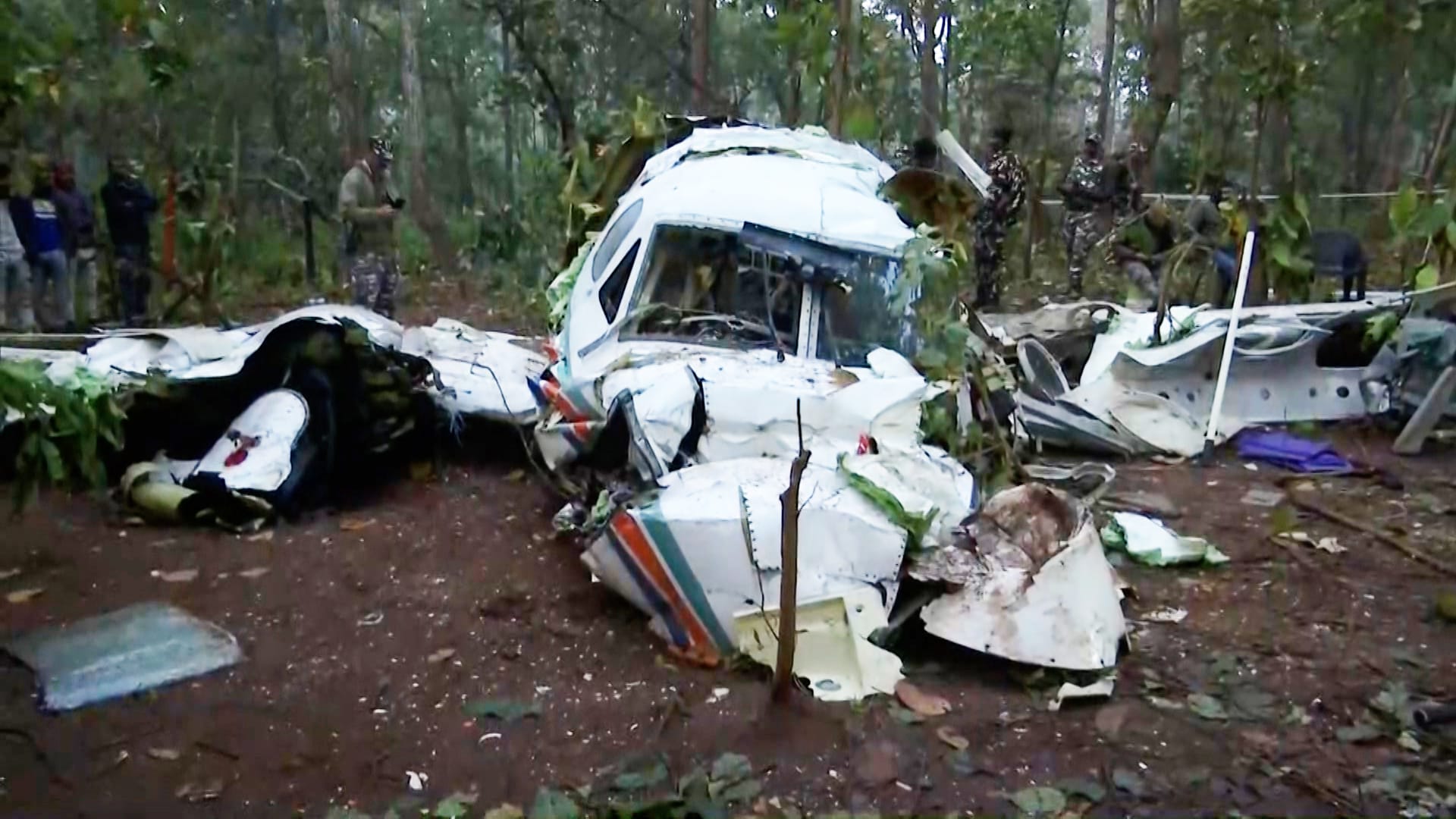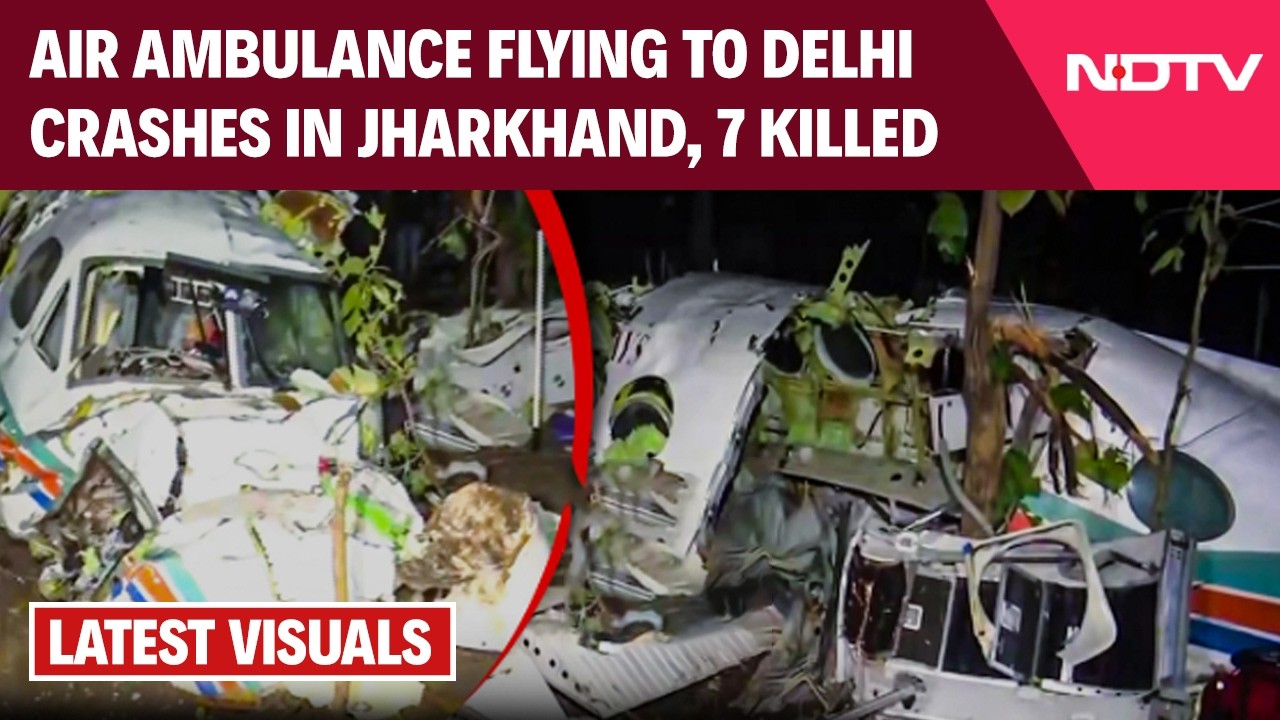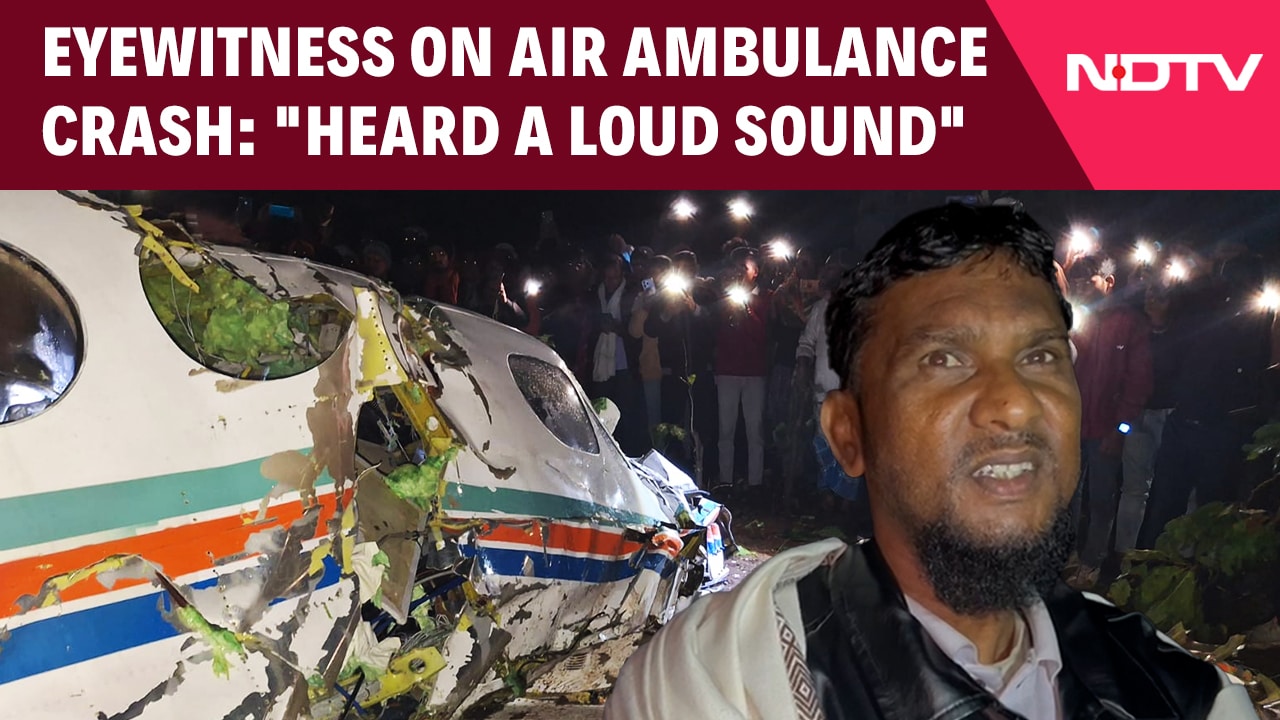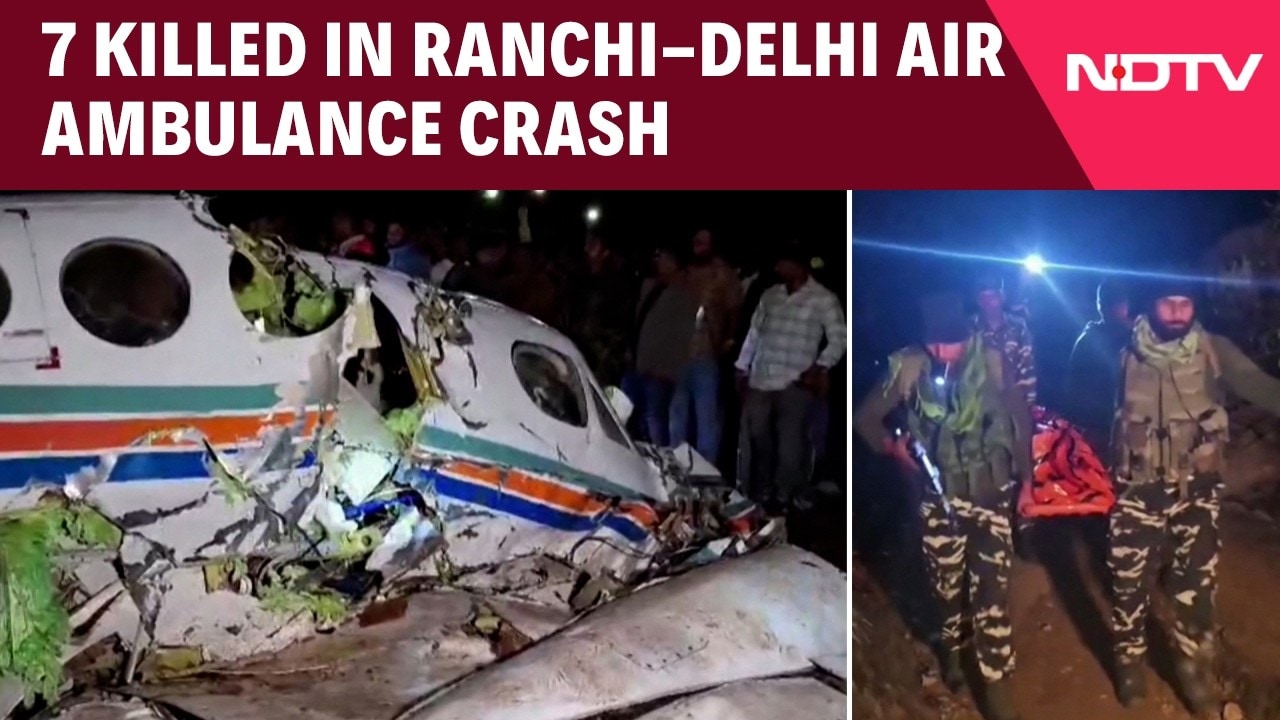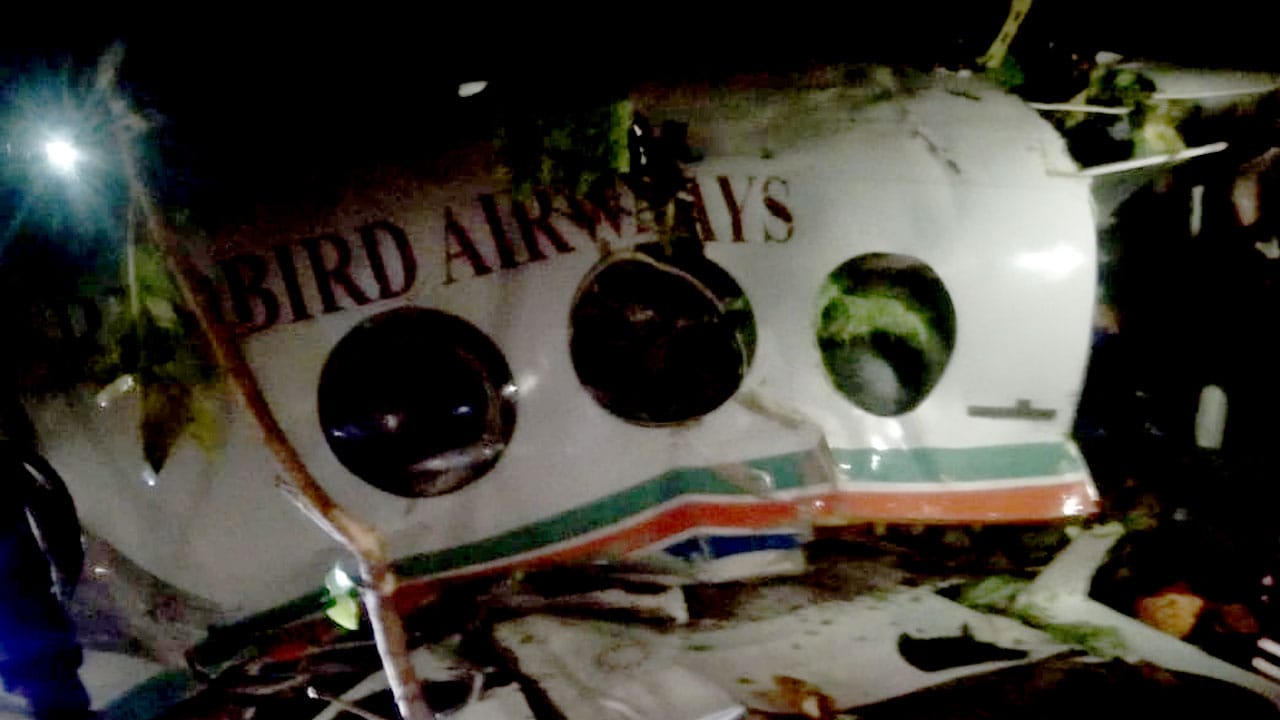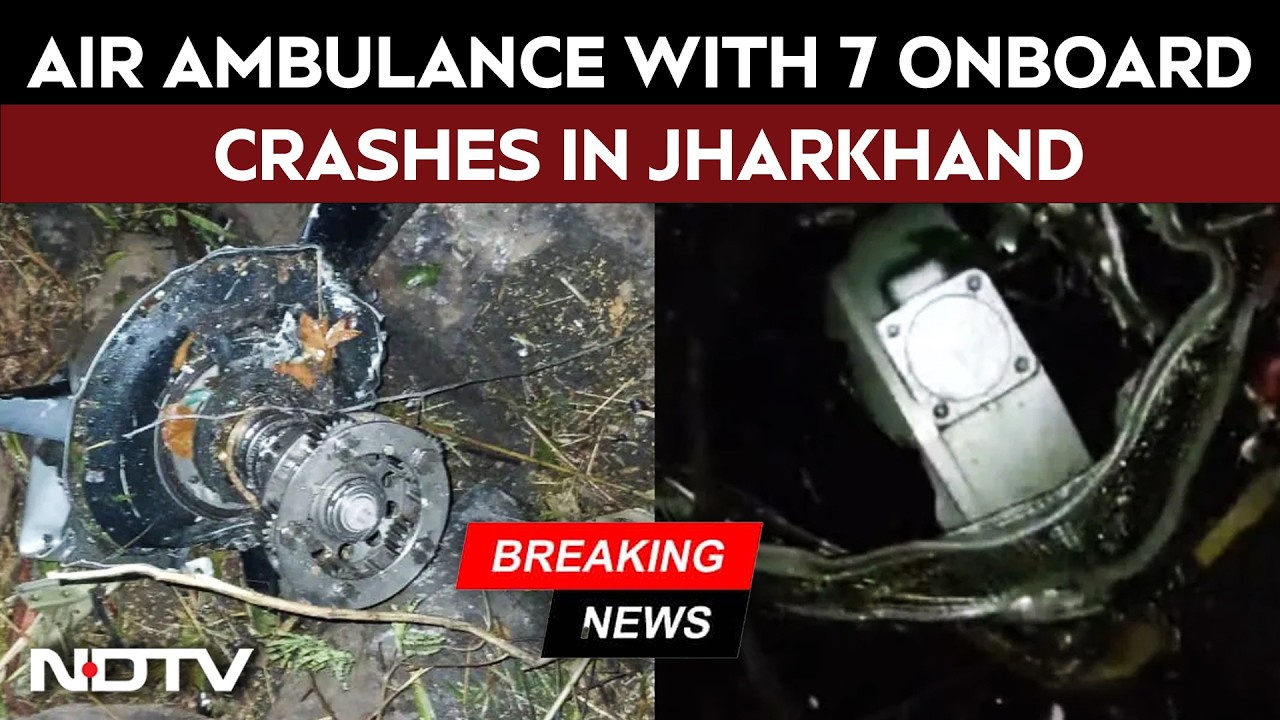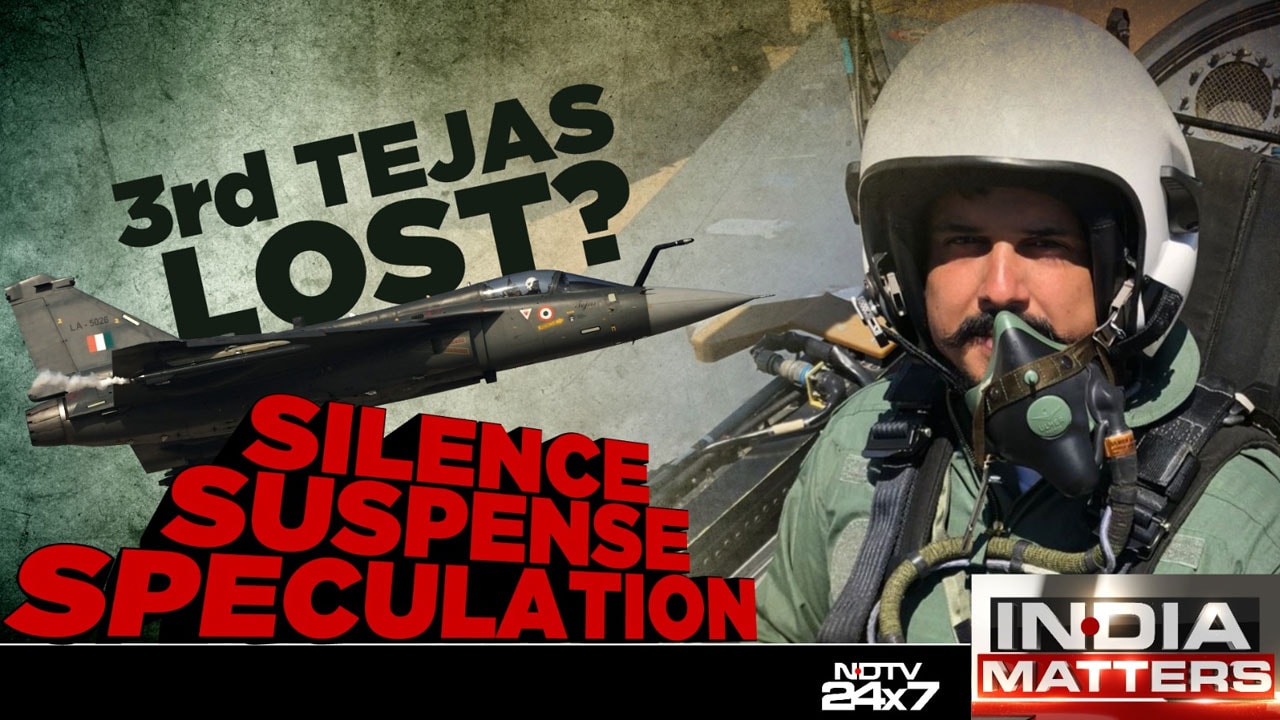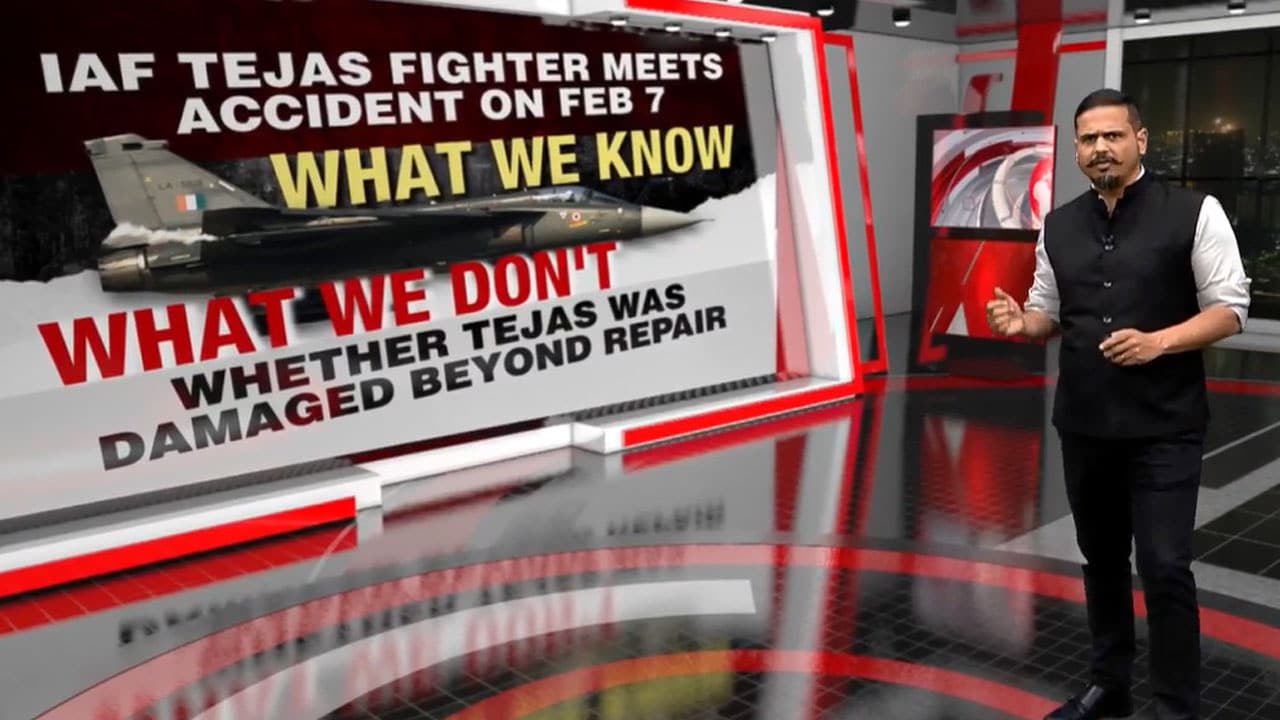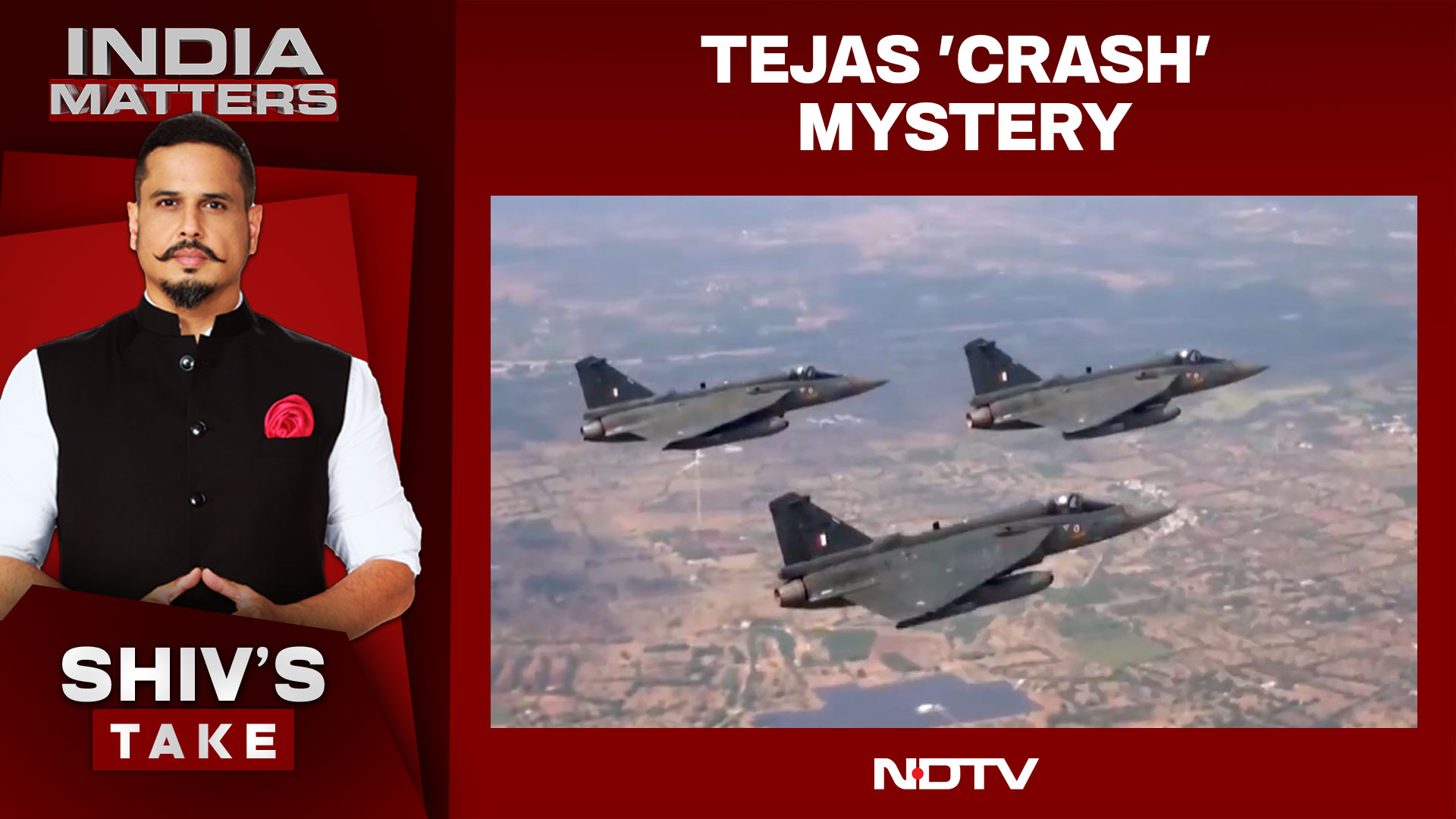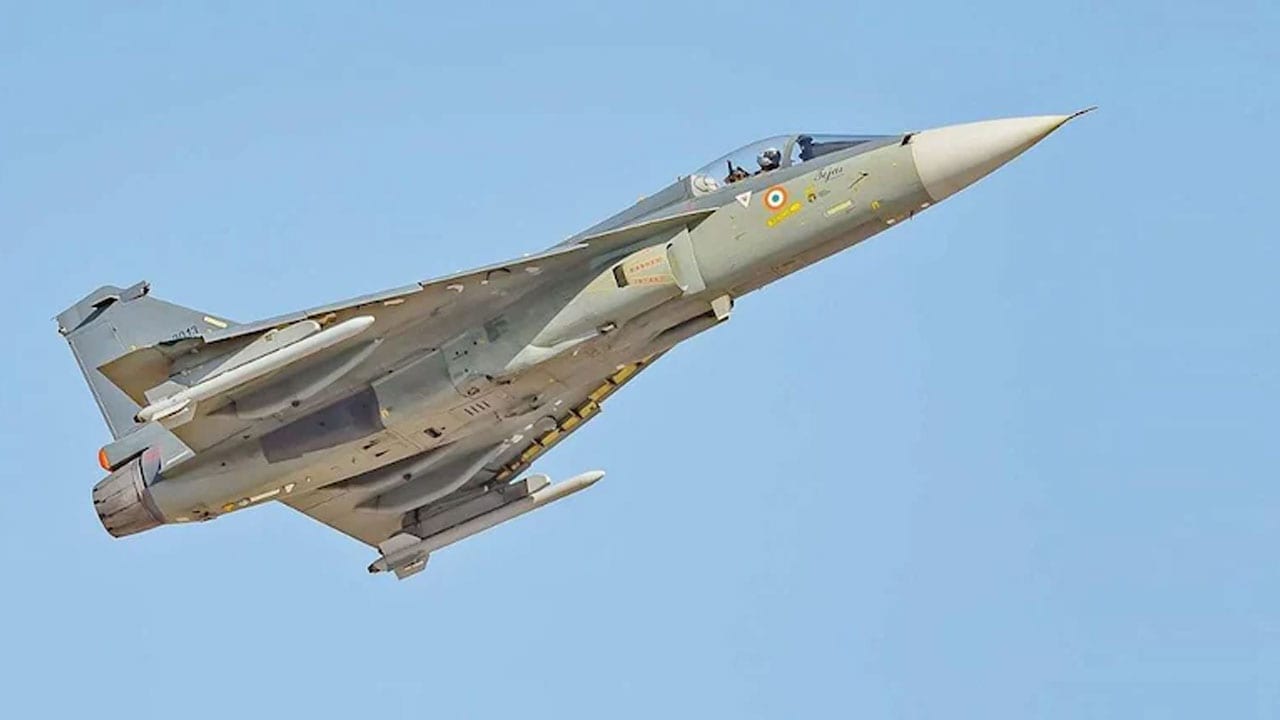Air India Plane Crash: Why Is 'Pilot Error' Being Amplified?
Air India plane crash: Pilot theory is always a possibility, but it isn't the only possiblity, and there appears to be a clear, but very cleverly subtle attempt to push this narrative. And there are very good reasons for this. Because, quite simply, it helps divert from possible action against bigger fish, and plant thoughts in people's heads. One, pinning the crash on the pilots beyond just a theory among others, helps deflect scrutiny from the airline’s operational practices, including maintenance shortcuts, crew fatigue policies, or cost-cutting on safety. Two, suggesting pilot error as more than just a theory avoids implicating potential design flaws or systemic issues in the aircraft itself, which could trigger massive financial and legal consequences for the manufacturer. Three, by focusing blame on individuals in the cockpit, aviation regulators escape questions about oversight lapses, ignored red flags, or possible complicity in allowing unsafe practices. Four, a technical or structural fault would require grounding and inspecting similar aircraft worldwide, causing disruptions and losses, something all stakeholders want to avoid. And five, framing the crash as an isolated human error reassures passengers and avoids a crisis of confidence in the broader aviation ecosystem, which depends heavily on perceived reliability and trust.
